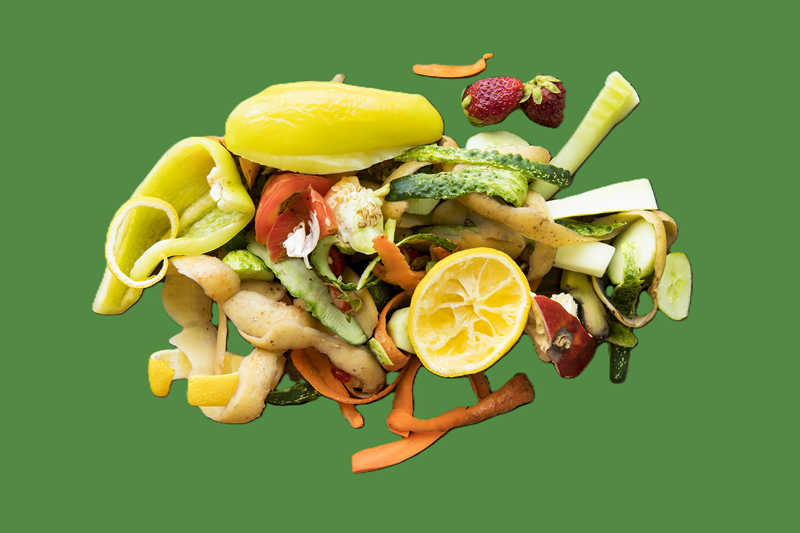Food waste recycling collections
Food waste recycling collections are being rolled out across the district in phases between October 2025 and March 2026.
You can find out when your first food waste recycling collection is via the button below. We'll deliver everything you need to start recycling your food waste up to three weeks before your first collection.
If your first food waste collection is due this week and you haven’t received your bins, please complete this form. If your collection is more than three weeks away, don’t worry, your bin bundle will be delivered before your collection is due.
Find your food waste collection day
Before your collections start
You will receive everything you need to start recycling your food waste in the three weeks before your collections start:
- a small kitchen caddy (5L) to collect your food waste in
- some compostable caddy liners to get you started
- a leaflet with information on how to recycle food waste
- a small grey (23L) outdoor bin for each private household, or larger (140L) shared wheelie bin for communal properties.
There will be no change to your other collections of general waste (black bin), recycling (green bin), or garden waste (brown bin), with services operating every two weeks as usual. The glass box collection will also continue to take place every four weeks.
Unused food and food leftovers currently make up about 30% of each household’s black bin and being able to recycle this will significantly reduce the amount of waste sent for incineration. Instead, it will be used to generate clean, green energy and nutrient-rich soil improver for our farmers.

Key facts about the new service
- Food waste collections will be weekly, on the same day as your regular waste and recycling collections. Just put your food waste bin out for collection each week with your other bin.
- You will receive your new bins in the three weeks before the start of the service in your area.
- Recycling food waste will have a big impact on our carbon emissions across the district – saving about 1900 tonnes of CO2e per year. That’s about the same emissions as driving around the world in a petrol-powered car 190 times!
Visit the Food waste recycling FAQs page for more information.
If you can’t find an answer to your question there, you can contact our recycling officers with your query using this form. Please note that this form should NOT be used for missed collections or non-delivered/missing food waste bins.

